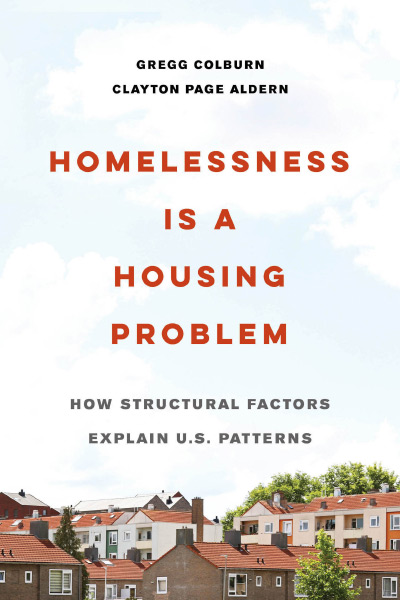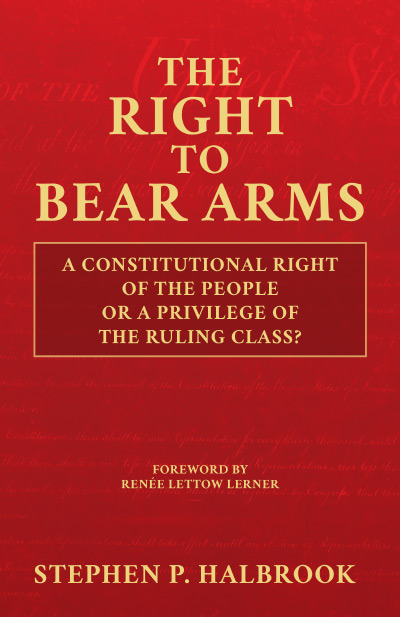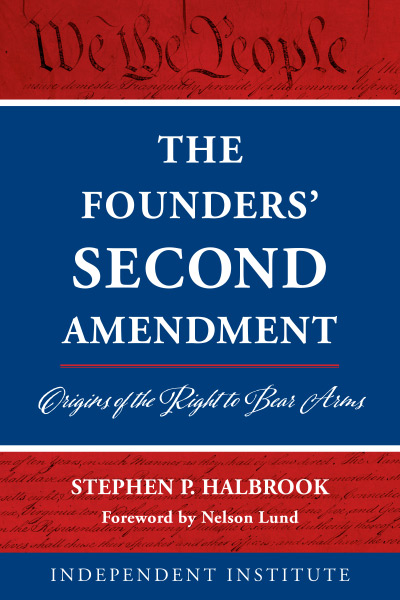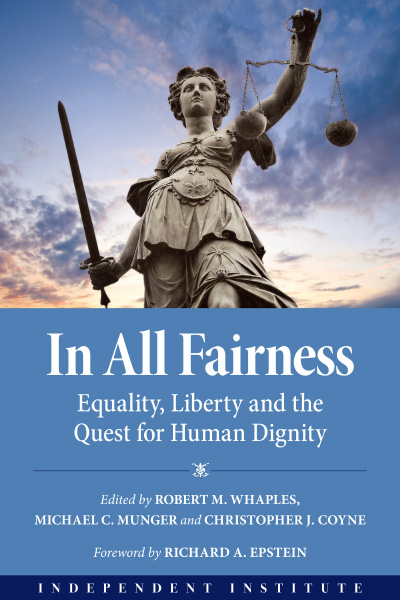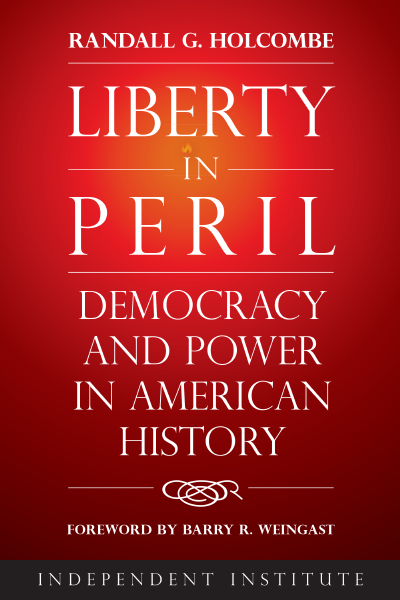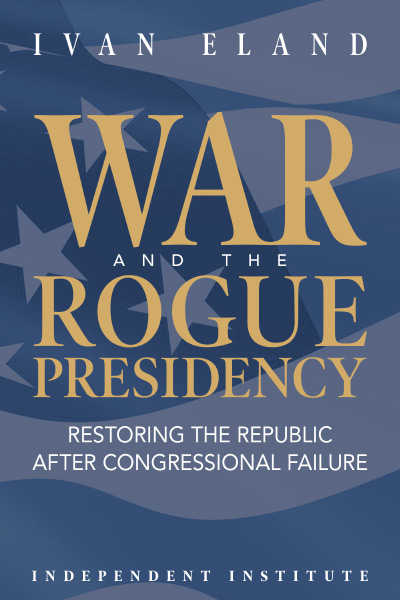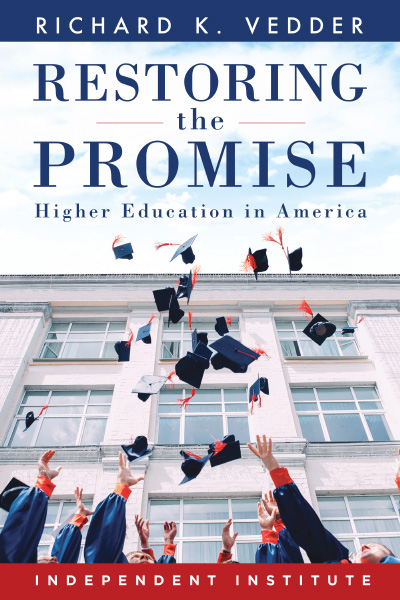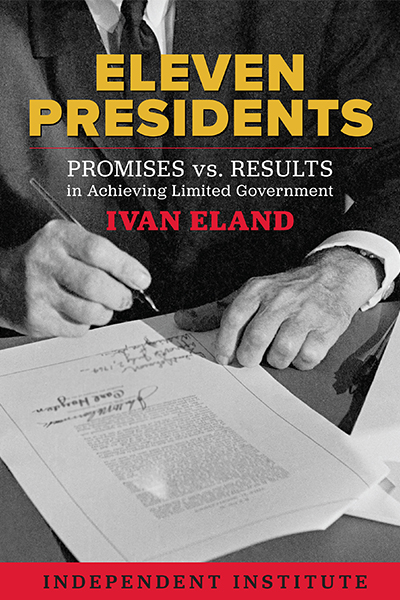
“The innumerable regulatory actions are conclusive proof, not of effective regulation, but of the desire to regulate.”
—George J. Stigler (1911–1991)
Government regulations are proposed for many reasons—to deal with health and safety issues, natural monopolies, information asymmetries, “negative externalities” (i.e., spillover costs imposed on third-parties), and more. Whatever the reason, Stigler’s distinction between the desire to regulate and the results of regulation bears repeating. Too often, government regulations produce undesired consequences, such as “regulatory capture,” whereby established firms exploit the regulatory process to protect themselves from younger rivals.
Independent Institute fellows have analyzed government regulations in agriculture, education, health care, land use, banking and finance, labor relations, and many other realms. Some of have relied on cost-benefit analysis, some have emphasized the impact of various regulations on the political system, and some have examined regulations through a lens focused on the rights of individuals to freely engage in peaceful actions. Recurring themes in their work include: the importance of incentives; the ubiquity of trade-offs; the limits of political action; the “bottom up” common law tradition versus “top down” statutory law; non-governmental approaches to solving problems; and the importance of economic freedom for a society of opportunity and upward mobility.


